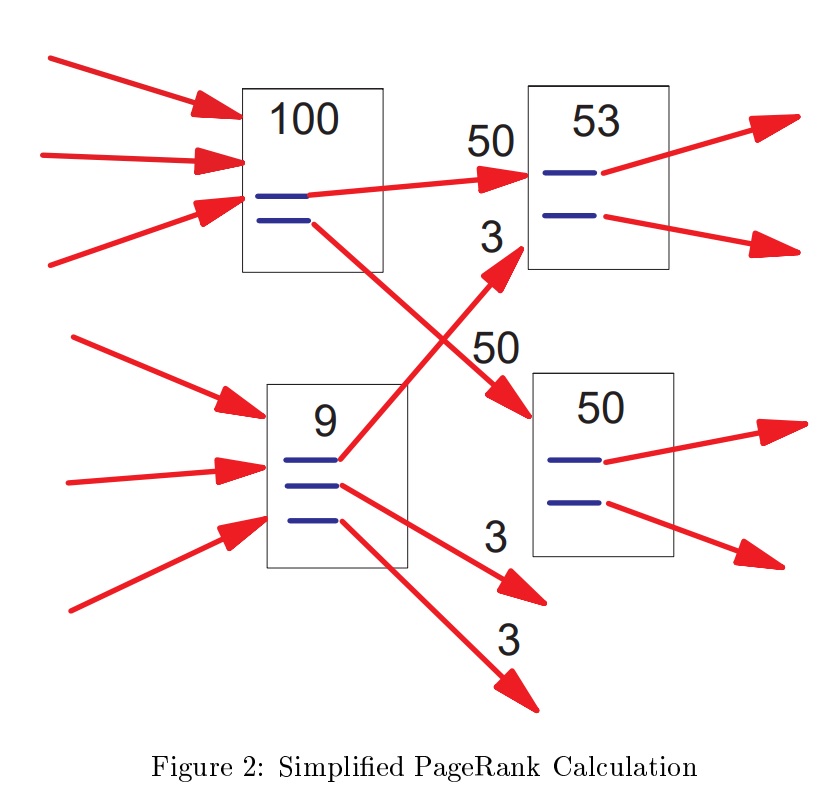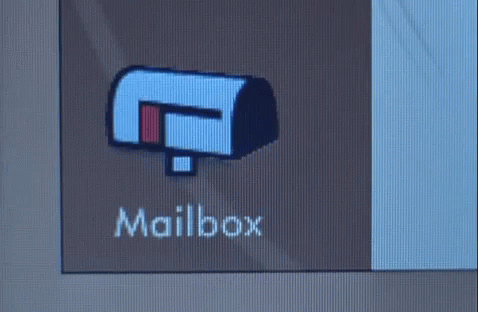It’s a conversation that seems to come up about once a year. People ask me something along the lines of one of these two questions:
- “Does linking out somehow reduce the seo value of a website or web page?”
- or, “Should I NoFollow outbound links on my site?”
The short answer:
If you need to link to something, just link to it. 99.9% of the population has never heard of a NoFollow link, and you most certainly do not need to place a NoFollow attribute on the vast majority of links. There are indeed a few exceptions of when you should place a NoFollow attribute on a link, and also a few instances where it simply doesn’t matter, and I’ll cover them below.
This is just “how the Internet works”…
Links are a fundamental principle of the web.
If you have an article on baseball, and mention Babe Ruth, it only makes sense to link to Babe Ruth’s Wikipedia page. That way, if the user wants to learn more about baseball’s greatest batter, they can just click the link. Why wouldn’t you want users to be able to go see The Great Bambino’s Wikipedia entry? Now of course, search engines want to deliver people to “great content”, and great content cites sources, references other pages with evidence, and links to them. Search engines expect you to link out. This is literally why it’s called the “web”, as it is a web of information. So, if you’re a publisher, a news organization, a journalist, a blogger, or anyone creating “main content” for a website, please feel free to link away.
When Google says not linking out is “stupid”…
In 2016, I threw together an article about news organizations not linking out. This one drives me nuts, especially when I get quoted by journalists. 2016 was the year many news websites stopped linking out due to misinformed tech employees. In one particular instance, a Google rep discussing this exact issue said of news organizations not linking out: “…they are probably afraid of linking back which is stupid…” and “…The Internet is built upon links. Links are essential for the Internet…”
Exactly.
How the myth started (it’s not stupid).
Tragically, there are people around the web producing SEO articles, even in 2018, who think that you should NoFollow outbound links on your website. I call it the SEO echo chamber. People who are seeking to improve the rankings of their website could accidentally stumble upon one of these articles and get very confused.
The myth goes something like this: your website is like a pie. Each time you link out, you give a little slice of it away. You link out too much, and your pie becomes less and less powerful. There is absolutely zero evidence that this is a thing. It’s not a thing, but I’ll cover how and why this myth began below.
How this idea began:
Long, long ago, in the late 1990’s, very primitive forms of search engines used a very basic, easily manipulated form of ranking pages. Google’s was called “PageRank”. Now if you were online in the 1990’s, you were likely using AOL and a 56K modem. Anyways, a page with a score of 100 could give out links and pass some of the value along. Below is a screenshot of Google talking about this back in 1999 (If you’d like to read how the first ranking algorithm worked, be sure to see Google’s paper here at this link.):
2005: NoFollow is born.
Up until 2005, the easiest way to get a quick link was to go leave a comment on someone’s blog. Back then, Blogger, Moveable Type and WordPress were the blogging platforms of choice and webmasters welcomed comments. It was a win win, but, search engines didn’t want people manipulating their rankings just by leaving a comment on a random blog.
Google, Yahoo and MSN got together and introduced the NoFollow attribute to combat blog spam. NoFollow links prevent the passing of PageRank, which some SEO people call “link juice”.
Content Management Systems like WordPress and Forum softwares like phpBB began implementing the NoFollow attribute to their software packages right away.
In other words, most people haven’t had to worry about this in 14 years (or ever, really).
2008: Pagerank becomes less of a big deal:
In 2008, Google announced that “PageRank is still in use but is part of a much larger system.”
There is zero evidence that linking out kills your page.
So, as we can see, this is how NoFollow became a thing. As of 2018, there is absolutely zero evidence that linking out somehow reduces the value of a page. In fact, I believe the exact opposite. Here’s an article I wrote back in 2015 of why I link out in articles to supplementary content, and why I think that actually helps the page rank better. It only makes sense.
If linking out somehow harmed your SEO, it was back when you were using dial up and AOL.
Google’s Current Position on NoFollow
What Google says:
Fast forward to 2018, and here’s where Google tells us you should NoFollow links (you can see the page for yourself directly from Google):
- Untrusted Content.
- Paid Links.
So let’s elaborate on these:
- What is untrusted content?
Let’s say you have a blog about baseball, and people are allowed to comment on the article. Well, as you can see at the bottom of this page, people can leave a comment and link to their own site. That’s fine, but the link will be NoFollow. All WordPress websites are like this by default. Of course, I don’t have the time to look at the websites belonging to the people who write the thousands of comments I get. As usual, there’s nothing for the average user to worry about. Another example of untrusted content would be user generated content, such as on a forum or on a social media platform. Twitter and Facebook and Pinterest all NoFollow their outbound links accordingly. - What’s a paid link?
Let’s say I had a site about baseball, and Louisville Slugger wanted to advertise on it. That’s great! That link should also be NoFollow. I could get penalized if I were caught selling links, and so could Louisville Slugger for purchasing paid links.
When else to NoFollow a link
- Widgets. Most widgets which are able to be embedded come with code which sets them to NoFollow. Not all do this. One example is the BBB’s widget embed code.
- Blog comments.
- Forum links.
- User Generated Content.
When it doesn’t matter…
Here are the “debatable” situations where there’s honestly no 100% clear answer: Widgets, Social Media Links, and links to your profile on industry related sites. This includes links to the BBB, Chamber of Commerce, your Facebook page, etc.
If you are a lawyer, you probably link out to your AVVO profile, Yelp page, Google My Business listing, and possibly SuperLawyers and some other sites. NoFollow these links if you’d like. Or Follow them. It doesn’t matter.
If you have a health related site, you probably have a link to your Facebook page, maybe a WebMD or Healtgrades page. That is fine. NoFollow the links if you want to. Or follow them.
In these situations, the vast majority of people follow their links. It’s not like every plumber, roofer, attorney, dentist and orthodontist needs to know how to code. Google knows this.
A note on Seals and Logos
Some people are afraid to link at all and just place things like BBB seals on their website with no link. This should never be done and goes against the grain of the Internet. Users (and search engines) should be able to easily click through to your accredited listing to be able to verify that you’re not just displaying a logo. NoFollow these links if you must, but DO link. Furthermore, it’s actually against BBB policy to display their logo online without linking.
Finally, this is a potential quality issue with business websites. Not being able to click these images is a huge red flag as scam websites are configured precisely like this. Imagine seeing an Angie’s List award that you can’t verify with a click (or a hover) – it’s just… wrong… 🙂
Final words:
I hope this clears up some of the confusion about NoFollow linksfor bloggers, publishers and business owners. Almost any Content Management System developed in the last 10 or 15 years takes care of any NoFollowing you’ll ever need to do.
Google’s Matt Cutts put it well back in 2009: “…PageRank sculpting isn’t the best use of time.” He’s right. On a scale of 1 – 100 of SEO importance, worrying about NoFollow-ing a link gets a 0. It’s just not important. What is important is having great content, a great UX, and, most importantly, getting relevant links to boost your site’s authority. Adding a NoFollow attribute to a link is definitely not going to be the things which makes or breaks your website.
Finally… Just create content for PEOPLE! Search engines want to connect people with content written for people. Don’t overthink it. Write pages and link out like you’re sending your mother an email.
Update August 13, 2020: Google again stated there is no penalty or problem with outbound links.
- Google “Pure Spam” Penalty Deindexes Sites March 6 2024 - March 12, 2024
- What Happened to ChicagoNow.com? - August 30, 2022
- The December 2021 Google Local Pack Algorithm Update - December 17, 2021







Leave a Reply